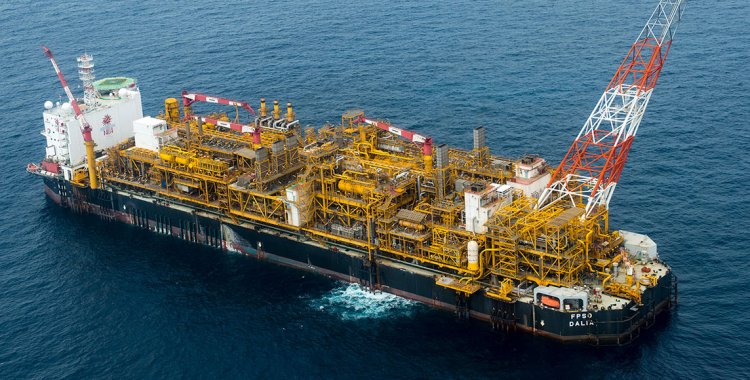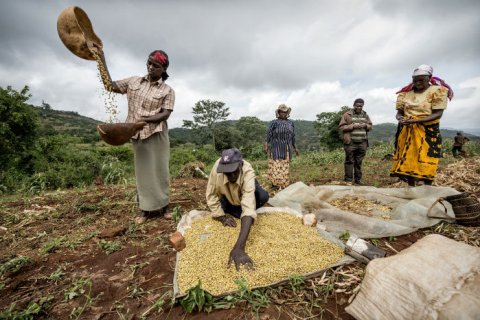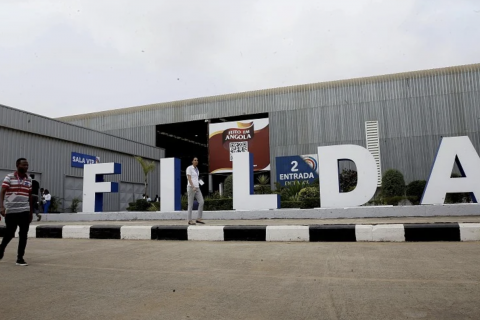"According to data from the National Oil and Gas Agency (ANPG), oil production contracted again in the second quarter of 2025, falling around 10 percent compared to the same period last year, to 1.0 million barrels per day, reflecting the structural trend of decline in national crude oil production," the analysts write.
In a commentary on the evolution of the Angolan economy, sent to clients and seen by Lusa, analysts at Banco Fomento Angola state that "natural gas production, which had grown 3.3 percent in the first quarter, reversed course and fell 8 percent in the same quarter," that is, from April to June of this year compared to the same period in 2024.
"Based on these results, we estimate that the oil sector as a whole will have contracted around 10.2 percent in the second quarter of 2025," the analysts conclude.
Angola left OPEC (Organization of the Petroleum Exporting Countries) in December 2023 due to a disagreement over the production quota limit of 1.17 million barrels per day.
At the time, the Minister of Mineral Resources, Oil, and Gas, Diamantino Azevedo, stated that the decision was made after careful analysis and that Angola no longer saw any advantages in remaining in OPEC, especially with the production caps imposed by the organization.
Since 2023, Angola has failed to exceed an average production of 1.1 million barrels per day.
Angola joined OPEC in 2006 and has since been one of the main oil producers in sub-Saharan Africa.







